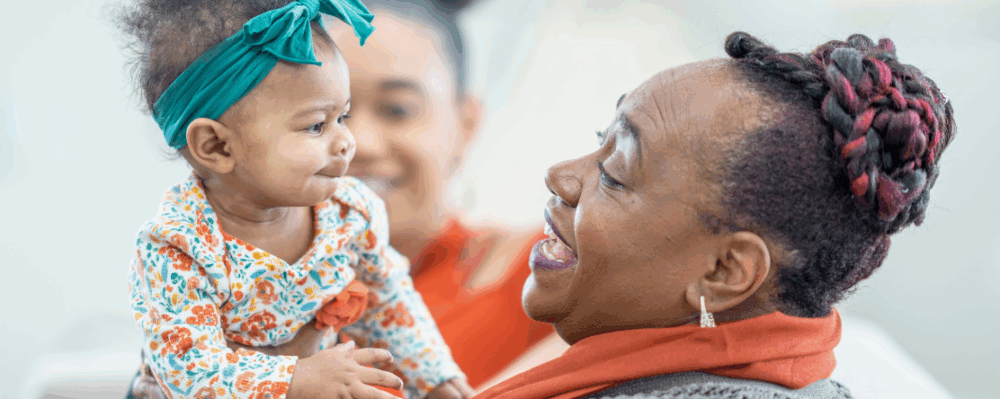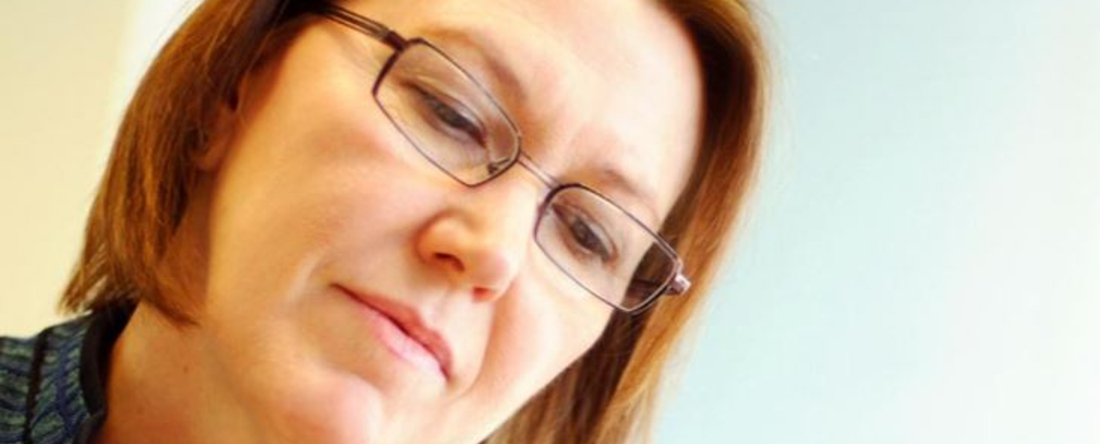
PHI CEO Mary Pittman Discusses Public Health’s National Reckoning in Forbes
-
Focus Areas
Communicable Disease Prevention -
Expertise
Leadership Development -
Strategic Initiatives
COVID-19

A Public Health Expert Says The Pandemic Is The Tip Of The Iceberg When It Comes To Health, Equity, and Social Justice
By David Benjamin and David Komlos
Complexity is the defining business and leadership challenge of our time. But it has never felt more urgent than this moment, with the coronavirus upending life and business as we know it. For the next few weeks, we’ll be talking to leaders about what it takes to lead through the most complex and confounding problems, and about Brody Moments (from Jaws’ Police Chief Brody and his famous line “you’re going to need a bigger boat”) related to the coronavirus.
Today we talk with Mary Pittman, President and CEO of the Public Health Institute (PHI), a nationally recognized leader in improving community health, addressing health inequities among vulnerable people and promoting quality of care. Pittman assumed the reins at PHI in 2008, becoming the organization’s second president and CEO since its founding in 1964. Pittman has deep, varied and multi-sectoral experience in local public health, research, education and hospitals, and has authored numerous peer-reviewed articles in scientific journals and two books.
David and David: Can you give us an example and context on a specific Brody Moment from your past?
Mary: In the mid-eighties, at the beginning of the AIDS epidemic, I was working in San Francisco’s Department of Public Health. I was responsible for leading a team to develop anonymous testing sites. As we were considering how to set up these sites, we realized that we had no clue how to get people to come in. Considering the stigma and risk of losing jobs and housing, why would they trust us? I went out to talk to people where they were, in methadone clinics and community organizations, to find out what it would take for these testing sites to work. The Brody Moment was realizing that we had to have gay men and IV drug users deeply involved in the process, giving us input, and helping us make rapid changes when things didn’t work. To create the conditions where people can feel safe and healthy, they had to be part of the team.
David and David: What do you think are some of the Brody Moments the country, communities and people are experiencing today?
Mary: I’m seeing dualities: people being incredibly generous, compassionate and courageous, going out of their way to be part of the solution; others being divisive, questioning science, and acting as barriers. The crisis has brought out some of the best and some of the worst in people.
People flew across the country to help colleagues who were overwhelmed in New York, and urged communities to do what they could to clamp down and delay the system from being overwhelmed. People and companies pivoted to design, develop and donate PPEs, or shifted their research to a totally different track to find a medicine or vaccine. Many people had a Brody Moment when they realized that these measures worked, and that people would step up for the common good.
At the same time, we’ve seen a lack of leadership and far too much chaos at the federal level, and a stark unwillingness to accept the short-term pain for long-term good. Fear is driving bad decisions, and that can be more powerful than science. Some leaders have stopped listening to science altogether and are stoking fear of it. That’s a dangerous Brody Moment: people are getting close to that edge where they don’t want to hear from public health authorities any longer.
David and David: What do you see with respect to equity in healthcare, social determinants of health, and social justice?
Mary: I view the pandemic as an iceberg. You’re only seeing the tip, and what’s below the water-level is systemic under-funding, exclusion, inability to access badly-needed healthcare, untreated chronic diseases, unaddressed mental health issues, and biases and racism. Without the right support in place, people end up without homes and/or unable to care for themselves, and that makes them much more vulnerable. We’ve seen that people with social disparities, especially people of color, are at a higher risk of getting and dying from COVID-19. We’re paying the price for ignoring the research about the importance of investing in the social determinants of health.
We have taken some positive steps: housing for the homeless, new distribution systems to get food to people when they’re hungry, and telehealth, for example. We’ve seen genuinely collaborative research and recognition that research can’t just be done on white males anymore. There’s broader recognition of how social determinants like healthy food are part of the overall response that’s needed, and that these are systemic issues that need to be addressed, not individual or family failings. Many leaders are talking about health differently, and I’m optimistic that improved action will come out of this.
I’m also hopeful that the Black Lives Matter protests may create a shift, with more people recognizing how anti-blackness permeates our society and how that injustice results in lives lost. Maybe we’ll finally find the political will to deal with decades of injustice, police violence and abuse, and to make substantive changes that won’t be reversed. I remember Kent State, and how useful the energy around protests was in changing the tone of the conversation. These are times when we all must band together to demand change.
David and David: What role can business leaders play in fueling these shifts and taking action?
Mary: In terms of COVID-19, corporate leaders want and need resilient communities and a healthy workforce. Public health goals are totally aligned with their business interests. The pandemic has spurred them to establish new work configurations and norms, and to communicate, manage and care for their people differently. There’s definitely a business case for maintaining these changes. And for those who may not have provided full health coverage in the past, they should be rethinking that in light of the pandemic.
It’s also essential for business leaders to speak up and fill gaps that have been created as America has stepped back from its global leadership role. Business leaders with international investments have a reason to fight for healthy communities wherever they do business, and in addition to COVID-19, there are other epidemics and outbreaks we need to address, including opioids, measles, and hunger. Private-public partnerships will be essential in finding solutions.
David and David: During the pandemic, how has your role as a leader changed?
Mary: I have been the spokesperson and the one who assures a safe place for employees where they can talk openly about what’s going on. We’ve been communicating more frequently and finding new ways to keep people up to date on the science, what we’re doing differently, and when and how we’re going back to work.
We’ve also had to pivot to respond to new situations. In one case, we had to deal with an outbreak in a food-processing factory that needed to get people back to work quickly, but couldn’t do so until contact tracing was done. In less than a week, we found and mobilized PHI staff who could speak Spanish, deployed them to do contact tracing so people who were exposed could get tested, isolated those who were infected, and got everyone else back to work.
As some of our work changed, we allowed people to step up and take responsibility for what they were passionate about. For example, following the lead of one of our physicians who was deeply concerned about the lack of PPEs in New York, we worked our network, brought in 1.7 million masks at reasonable prices when many were gouging, and got them distributed to high need areas without any financial incentive or payment for us. It was a purely altruistic act of compassion and solidarity with front-line workers, fueled by someone’s passion. We have numerous other cases of people volunteering to distribute food or making calls to isolated people.
David and David: Any other advice you can offer? Parting words?
Mary: Viruses know no borders and don’t respect political parties. We have to come together to solve these problems. We will get through this pandemic, but to avoid too many lives being lost unnecessarily in this and future crises, we need to be diligent and focused on the importance of public health and on the need for public health infrastructure. That infrastructure can’t go through more years of neglect because when a crisis hits, you can’t both build and fly the plane. I’m optimistic that with the support and collaboration of the business and the public health community, broader goodwill, and the energy and optimism of younger people, we can build a better, more just, and more resilient world.
Originally published by Forbes
Work With Us
You change the world. We do the rest. Explore fiscal sponsorship at PHI.
Support Us
Together, we can accelerate our response to public health’s most critical issues.
Find Employment
Begin your career at the Public Health Institute.


